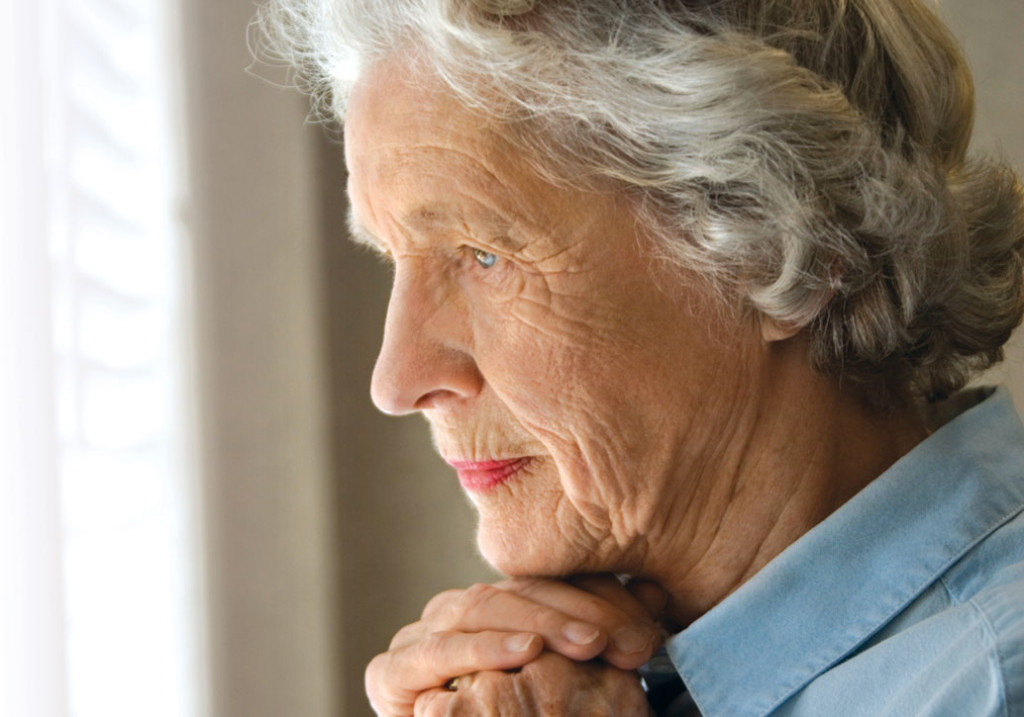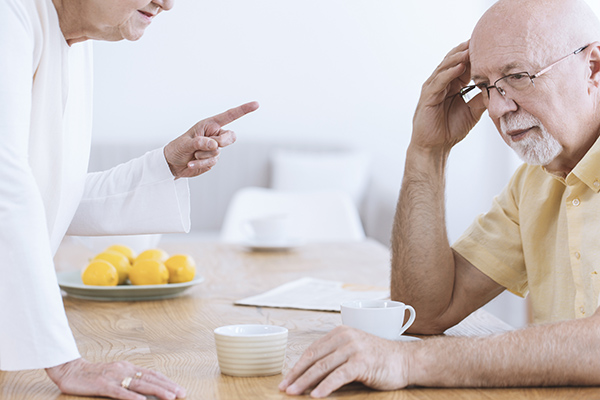
Senior Caregiving Tips: How to Avoid Crossing the Line From Motivation to Bullying As a family caregiver, you likely encounter a range of feelings throughout the day: shared laughter over a joke with a senior loved one; anxiety over a health concern; and certainly, at times, irritations. We would like only the best for those we love, so when an older adult is resistant to doing something we know is best, it may be challenging to identify the best reply. The key is to try to supply motivation and support, while remaining vigilant not to cross the line into bullying the senior. These tips are good to remember: There is no one-size-fits-all. A strategy that has worked during one occasion may very well be entirely ineffective in another. In the event that the person does not want to take a bath, for example, you could choose to instead let the matter go and attempt again another time. Or, maybe reframing bath time into a soothing spa activity will hold additional appeal. Including humor may work well one day, while using a kinder, softer tone of voice may be the answer…
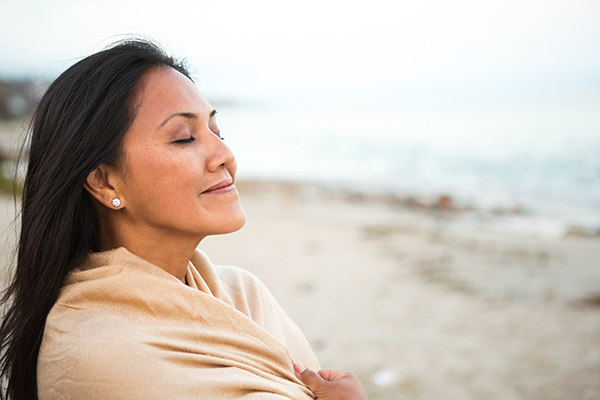
8 Steps to Overcoming Caregiver Stress Our facial expressions reveal so much to those around us, and if you’re feeling an unusual level of , well-meaning friends and family will certainly pick up on it, perhaps encouraging you to simply, “Cheer up, buttercup!” In reality, of course, it takes much more than a few words to turn our mood around. Yet recent research does support the idea of positive thinking as a way to reduce levels of anxiety and depression that can arise when we’re overloaded with stress – something crucial for busy family caregivers to take to heart to reduce the potential for burnout. Judith Moskowitz, lead psychologist in the study who subsequently developed a program to combat the downward spiral of emotions so common in those providing care for a loved one, explains, “We’re not saying don’t be sad or upset about what’s going on. But we know people can experience positive emotions alongside that negative emotion, and that positive emotion can help them cope better.” The core techniques…
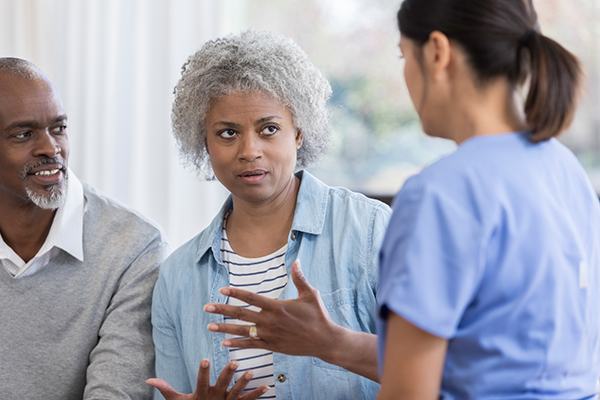
The Number One Fear of a Family Caregiver: What if I Make a Mistake? “Of course Mom can move in with me!” Family caregivers are making this noble decision each and every day, signifying the beginning of lifestyle changes they can only truly comprehend once immersed in them. And while the rewards of providing care for an older loved one are immeasurable, they’re not without a variety of challenges as well. It may seem second-nature to manage everyday tasks for a senior loved one; yet it’s not as intuitive as it appears at first glance. For instance, a family caregiver assisting a senior in the shower or bath incorrectly can lead to a fall. Improper incontinence care can cause skin damage and infection. Noncompliance with a prescribed dietary plan can result in a wide range of health complications. It’s no wonder that in a recent report shared by AARP, “Home Alone Revisited,” many family caregivers revealed anxiety over the potential for making a mistake in the care they provide. The report highlights responses from a survey sent to over…
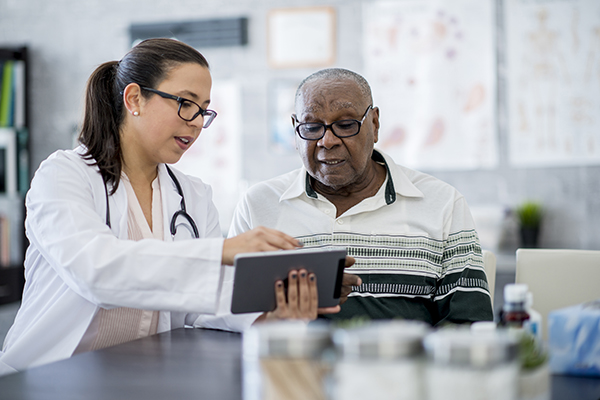
Amy’s Helping Hands Tips: When a Senior Parent Refuses Regular Medical Checkups Amy’s Helping Hands understands: many of us delay visiting the doctor's office because it may be awkward and downright distressing when something is wrong and we're looking at the chance of an unwanted diagnosis. However, we also recognize it is sensible to accomplish what is best for our overall health and be to diligent about obtaining essential medical care. For older adults, a range of other factors come into play as well, oftentimes contributing to the choice to forego that check-up or follow-up appointment, even though it's clearly not in their best interest. Whenever a senior loved one digs in her heels, refusing to see the doctor, it is beneficial to first understand why the resistance is happening, to address those worries, and after that to determine how best to give support. One of the primary reasons seniors shun healthcare appointments and procedures is fear. It might seem better and simpler just to dismiss symptoms and hope they will fix themselves on their…

Purchasing a First Aid Kit First Aid Kit for Seniors Living at Home First aid is an important consideration when caring for an elderly person at home. It is important to know that seniors are more vulnerable to accidents and injuries since they often lack strength, flexibility and can have brittle bones. Also, their sight, hearing, touch, smell and taste may have declined, making them more vulnerable to accidents. It is very important that the elderly take care of their skin as well, because they are more susceptible to skin infections and disease due to natural changes in aging skin. These changes make the skin less elastic, thinner and dryer allowing more injures while also being slow to heal. What to Put in Your First Aid Kit It is important to keep a well-stocked first aid kit on hand. You can purchase a kit or create one of your own. You can create one using a portable file box that can be found at any office supply store or large discount store. Be sure to keep your first aid kit someplace where it can…
Crime & the Elderly Older people are often targets for robbery, purse snatching, pick-pocketing, car theft, or a number of scams. During a crime, an older person is more likely to be seriously hurt than someone who is younger. But, even though there are risks, don't let the fear of crime stop you from enjoying life. Be careful and be aware of your surroundings. Here are some “do's and don’ts” that can help you fight crime and stay safe. Be Safe at Home • Do try to make sure that your locks, doors, and windows are strong and cannot be broken easily. Consider a good alarm system. Make sure they are locked—both when you are in the house and when you're away. • Do make a list of your expensive belongings. You might even take pictures of the most valuable items. Store these papers in a safe place. • Don't open your door before you know who's there. Look through the peephole or a safe window first. Ask any stranger for proof of identity before opening the door. Remember, you…






